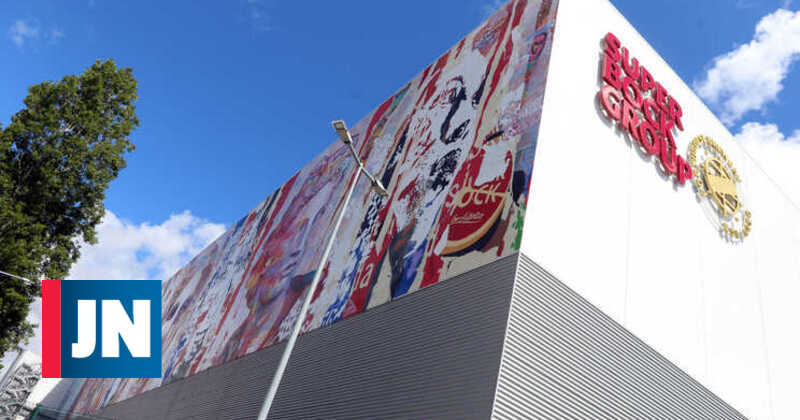The Super Bock Group recognizes that higher prices for raw materials and energy will have an impact on beer prices.
Super Bock Group told Losa that the “widespread increase in power and fuel,” as in other base materials for beverage production, “has made the inevitable accidental adjustments” they’re trying to reduce.
In contact with Lusa, the group’s official source noted that “among the known results are not only higher costs for grain but also other raw materials necessary for the production of its ‘drinks’ such as glass and PET, as well as a general increase in energy and fuels.”
This context, he added, “made occasional adjustments inevitable, and we’re trying to minimize them as much as possible.”
According to the Super Bock Group, “This is a crisis that is still in its infancy,” so they are “monitoring the development of the situation to understand its true implications.”
“Everyone expects that it will be possible to end this armed conflict soon, and that peace can be restored and its already destructive effects lessened,” he added.
“However, and not only because of this crisis, in recent years we have developed several projects that allow the company not to use too many resources in the production of its products, and as such, we have reduced energy consumption in our plant, production centers and fuel.”
“We are also trying to mitigate our exposure to price changes in key raw materials,” he noted, noting that the group has a general policy to hedge market risks in this area.
He explained, “We usually resort to financial protection mechanisms (“hedging”).
In turn, “we were able to improve transportation capacity to reduce the number of trucks needed to transport our products,” Super Bock added.
Through partnerships with several retail clients, “we have reduced the number of empty truck trips, using ‘delivery’ (return trips)” and “we also have a more ‘eco-friendly’ fleet that includes more efficient vehicles and fewer pollutants to distribute our products especially in historical centres.”
In this way, “we were able to mitigate not only the environmental impact, but also mitigate the impacts on transportation costs, which is a very important issue nowadays,” he said.
On February 24, Russia launched a military attack on Ukraine that killed more than 800 people, injured 1,300 civilians, and caused some 5.2 million people to flee, including more than 3.2 million to neighboring countries, according to the latest United Nations data.
The international community in general condemned the Russian invasion, and responded by sending weapons to Ukraine and strengthening economic and political sanctions against Moscow.

“Wannabe internet buff. Future teen idol. Hardcore zombie guru. Gamer. Avid creator. Entrepreneur. Bacon ninja.”

